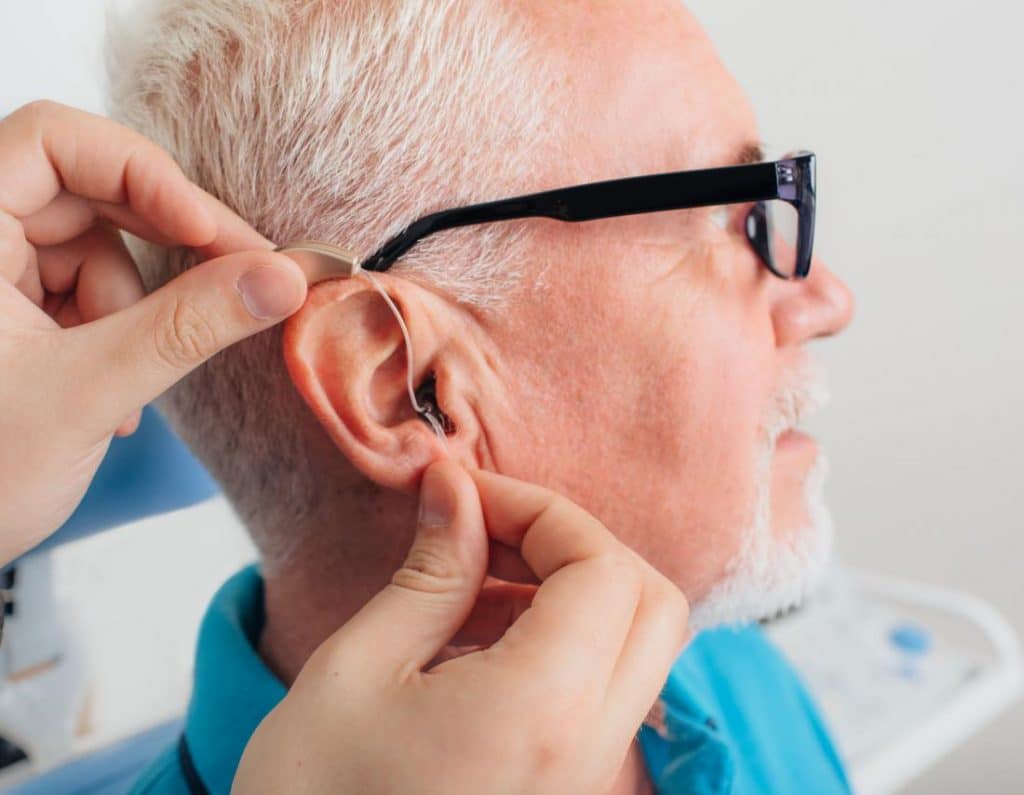A lot of people, folks, have trouble hearing. This isn’t just an “old person” thing, either! Plenty of people start to experience hearing loss in their 40s thanks to those fun but loud concert years and other factors, such as a job involving loud noise. According to the National Institute on Deafness and Other Communication Disorders (NIDCD), there are around 37.5 million people in the US over 18 with some type of hearing loss (https://www.nidcd.nih.gov/health/statistics/quick-statistics-hearing).
While hearing aids are a proven way to help restore hearing, the fact is that a lot of people don’t use them when they should. The NIDCD reports that less than 30 percent of adults over the age of 70 with hearing loss actually use one of these devices. But it turns out that hearing aids may do more than just restore hearing–they may protect brain health, too!
One study demonstrating this, carried out by the University of Exeter and King’s College London, saw 25,000 people over the age of 50 being split into two groups (https://www.exeter.ac.uk/news/research/title_725112_en.html). One group received and wore hearing aids while the other one didn’t. For the next two years, both groups took a cognitive test annually. After the study was over, the researchers discovered that the people in the hearing aid group did better on tests that examined attention span and working memory than the people in the non-hearing-aid-wearing group.
Of course, more research is still needed in this area, but the researchers in this study did theorize that hearing plays a role in how well your brain functions, particularly when it comes to memory. In short, protecting and persevering your hearing is definitely recommended for brain health.
People who cannot hear properly experience a lot of negative side effects, including isolation and loneliness, because of the disruption in communication with other people. When you can’t fully engage with the world around you, many things are lost.
Luckily, these days, there are many different types of hearing aid devices on the market. Gone are the days of the incredibly large device emitting loud beeps or static. Thanks to technology, hearing aids now are smaller, sleeker, easier to use and function more smoothly. If you suspect you have hearing loss, be sure to get your hearing tested. While you may not need a hearing aid yet, your ears should be tested and cared for just as you would your eyes!




